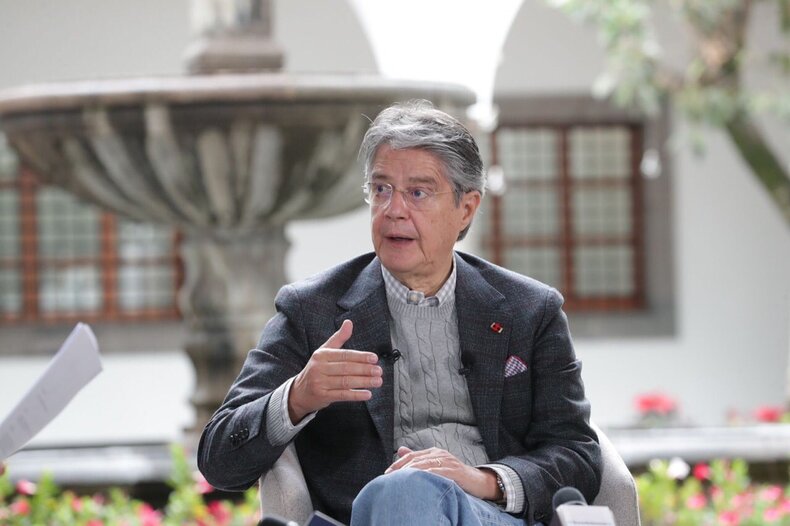
What happened to the revelations of the Pandora Papers in LATAM?
After the results of an investigation last October revealed tax havens for the world's most powerful, after-effects have been null and void.
The Pandora Papers, an international investigation directed by the International Consortium of Investigative Journalists (ICIJ) that exposed the companies and commercial businesses that politicians, millionaires and artists from more than 90 countries maintained in different tax havens, such as Panama or the British Virgin Islands, have had no negative consequences for the important names in Latin America sprinkled throughout the extensive content of the leaked documents.
NEW: #PandoraPapers reveals the inner workings of a shadow economy that benefits the wealthy and well-connected at the expense of everyone else.
— ICIJ (@ICIJorg) October 3, 2021
Brought to you by ICIJ and 600+ journalists, the largest collaboration in journalism history. https://t.co/qXMuUcqPc4
It is important to remember that the names revealed by the investigation have been involved in the diversion of capital and the concealment of fortunes, which translates to tax evasion. Among those involved were Sebastián Piñera, president of Chile, and Guillermo Lasso, his counterpart from Ecuador, and their respective governments investigated them seeking to find evidence to remove them from office.
The Chilean president was accused of creating two secret societies in the name of his four children when he was a presidential candidate, with assets declared in the British Virgin Islands. In 2010, Piñera allegedly sold his stake in the Dominga mining project to businessman Carlos Délano with the last payment to be made when the Government did not declare the project's area of influence as a nature reserve.
The country's Supreme Court acquitted him of these accusations after a 2017 lawsuit after the revelations of the Pandora Papers, but the Prosecutor's Office decided to reopen the investigation to review the new evidence. Regarding the new investigation, Piñera cried innocence noting that, with respect to that negotiation, the price, the form of payment and the conditions were known by the courts.
Despite the new information provided, it was foreseeable that the Senate, with a pro-government majority, would support the president and he will not be prosecuted and able to finish his term in March of next year.
RELATED CONTENT
The Assembly and the Comptroller's Office undertook the task of studying the possible crimes that Ecuadorian President Guillermo Lasso could have incurred, apparently having breached the law that prohibits officials from having assets in tax havens, according to the information found in the ICIJ investigation. It revealed his involvement in at least 14 opaque financial companies in Panama and the United States.

As with Piñera in Chile, the body that investigates public officials in Ecuador decided that there is no evidence to show that Lasso breached the country's tax law. Likewise, the legislative assembly buried the case when it did not reach enough votes to approve the report that called for his removal, also thanks to a pro-government majority.
Although the control entities have invited Lasso to offer his testimony on these events, for now, the only file that remains open against him is from the Prosecutor's Office after a complaint by former presidential candidate Yaku Pérez.











LEAVE A COMMENT: